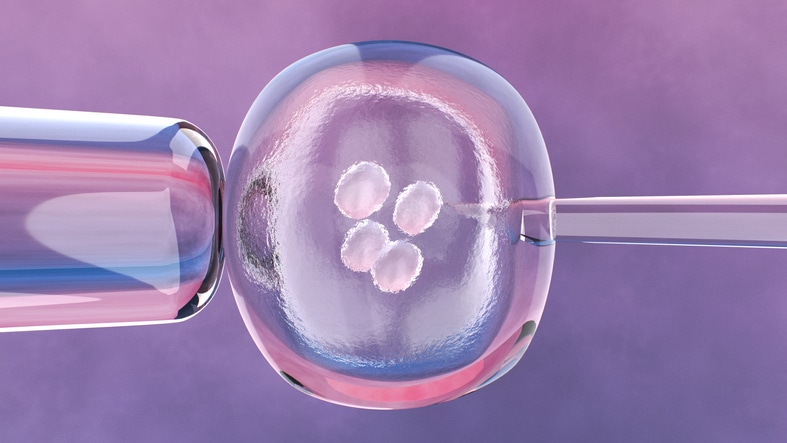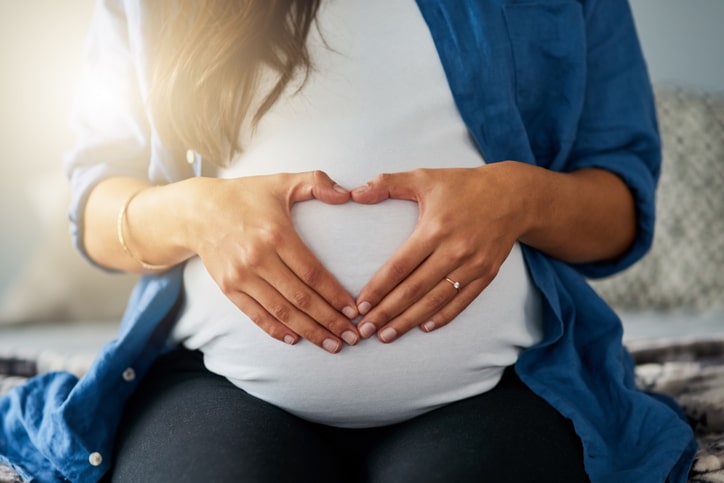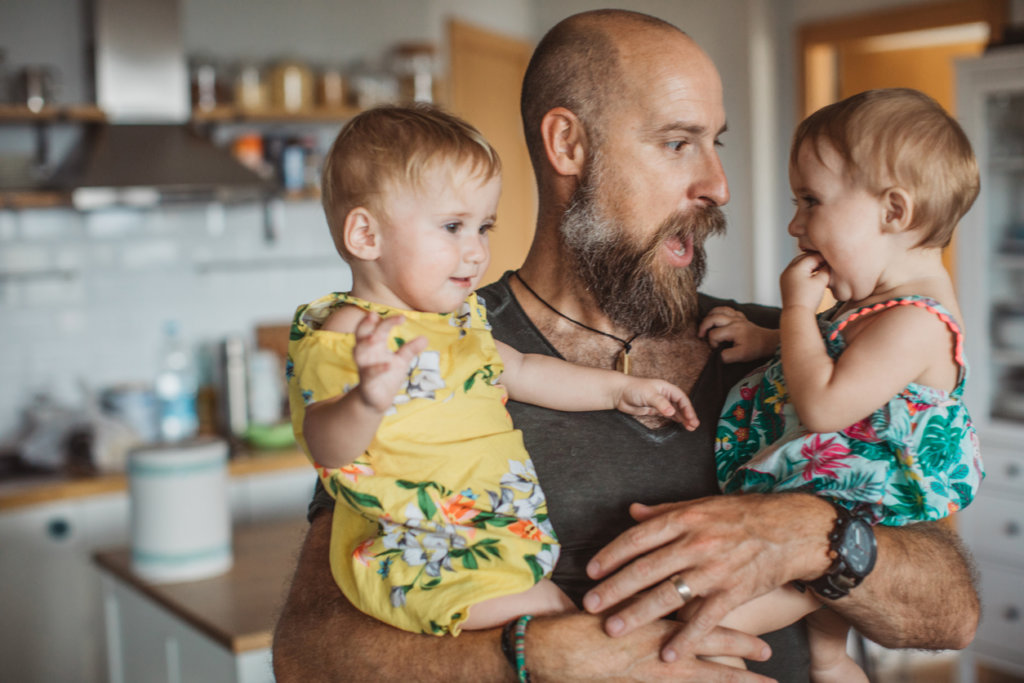We are looking for Filipino or Filipino-Caucasian mixed egg donors EDI! You must be between the ages of 21 – 29, or up to 32 if you are a prior donor. Egg Donor compensation can start from $7,500 and up to $15k for your first time donation. AND if you know anyone who is eligible, […]
Tag Archives: Egg donation
We are one of the most highly respected and experienced egg donation agencies in Southern California. We are full-service egg donor agency specializing in matching egg donors with intended parents as well as assisting in every step of the egg donation process. We offer world class egg banking and comprehensive egg donor services — you […]
If you’re looking to use an egg donor, there are several options available: Egg Donor Agencies, Fertility Clinics, Fertility Lawyers, and Local Resources.
In reciprocal IVF, the eggs are removed from one parent’s ovaries, fertilized or inseminated outside of the body, and then placed in the second parent’s body. This allows both partners to equally contribute to the IVF process
As you age, female fertility declines. Around the ages of 33 to 35 years old, your likelihood of livebirth decreases. This is true for all women whether they have had a child before or not. You are still able to have successful live births; however, this may include using a Donor Egg from a younger woman. […]
National Women’s Health Week (NWHW) is a time to encourage women to #KHOWHmore about ways to prioritize their health today, including staying up to date on health visits and screenings. During National Women’s Health Week, the FDA Office of Women’s Health (OWH) is highlighting key messages each day of the week to encourage women to […]
The IVF timeline has become a two-step process—changing the answer to the FAQ: When is the right time to try IVF? A question that Dr. Mary Hinckley from Reproductive Science Center of the San Francisco Bay Area gets asked quite often is when is the right time to do in vitro fertilization (IVF)? Most people […]
As in all of our egg donor and intended parent matches, medical records of your donor are sent to your IVF clinic for further review. Your physician will be the one who will ultimately give approval of your donor.
Follicle-stimulating hormone, also known as FSH, is a hormone checked routinely between days 2-4 of the menstrual cycle. It is produced by the pituitary gland to stimulate the ovaries to develop follicles. As a dominant follicle develops, it in turn sends certain signals (inhibin-B) that will suppress FSH release (negative feedback).
All donors, both anonymous and known, should be screened per the most recent guidelines of the U.S. Food and Drug Administration (FDA) and American Society for Reproductive Medicine (ASRM). Donors should be legal adults in their state and preferably between the ages of 21 and 34. The reason for the age minimum is to ensure […]











